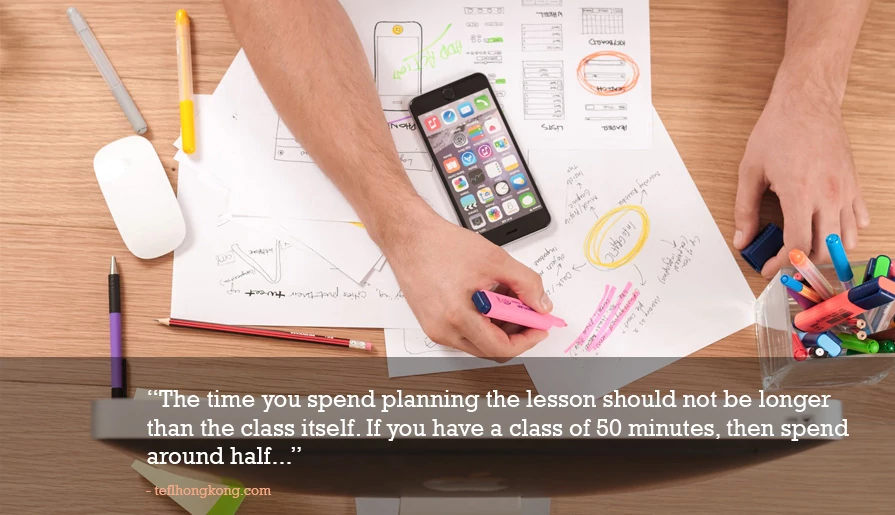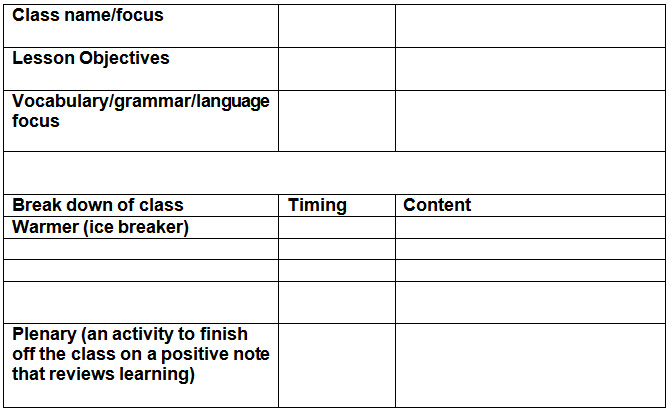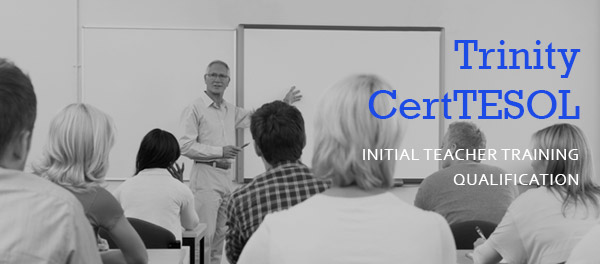
- By: Anna McIver
- In: For Teachers
Planning and preparing resources for a class is an essential part of any teacher’s life. Some people love it, while a few don’t. Either way, it can be extremely time-consuming and a little stressful trying to prepare multiple plans for different classes with different needs and levels of ability.
So, do you always want to prepare a lesson plan where all students enjoy a range of activities and that they interact together? Or, are you worried that the time involved in preparing lesson plan often takes its toll?
Well then, there are a few approaches that can help you to spend less time planning lessons, and save up your energy for the classroom!
In this article, we will outline some of the strategies that you can implement to help you take away the problems associated with lesson planning. Also, we will provide a quick brief for effective lesson planning, without taking too much of your time, as we’ve already written an article on this topic earlier.
So before you begin the planning, you should consider a few useful resources to have on hand:
We think it’s all about being prepared before you even sit down to plan. We asked several ESL teachers what they recommend, and they provided this list of handy items to speed up the planning process:
- Post-it notes to add little comments in our textbook or ‘write-yourself’ reminders.
- Highlighters, useful to remind you in your plan or coursebook about keywords or phrases you will refer to (there is no point copying them onto your lesson plan if you’re trying to save time.)
- Enough stationery (pens, pencils etc.) to help you prepare the list of games, and ideas to use.
- A folder of saved resources such as board games and flashcards (organise these by ‘level’ and save them after each class and you will quickly build up a big collection.)
But what can we as teachers do to avoid spending too much time on planning our lessons?
The time you spend planning the lesson should not be longer than the class itself. If you have a class of 50 minutes, then spend around half that time (or less) planning – if you can. Re-use resources with different classes if that is possible. This may include conversation cards, board games, and so on.
When creating your own resources such as vocab cards and keyword match-ups, consider doing them by hand (not typing them) – handwriting them will usually be much quicker.
Create a list of games you know well that you can adapt for different classes and have it next to you when you plan. If you are stuck for ideas, the website https://www.teach-this.com/esl-games provides a wide range of activities to keep students focussed and enjoy their learning.
Use the printable resources provided with most course books. These will match the course content and are often enjoyable activities like board games, conversation cards, and so on.
Be aware that as a new teacher, planning will feel more difficult and more time consuming, but it will improve with time and experience.
Getting started with your planning
Make sure you have all course materials to hand and that you think back to what you did in the last class.
Start with a quick review activity and recap key points from the previous lesson.
Look at the coursebook guide and notes provided, and use this as a guide – it is there to help you, and it is not ‘cheating’ to use it!
“Plans are of little importance, but planning is essential.”
– Winston Churchill
So what about my lesson plan?
Many courses such as CELTA and CertTESOL focus on planning in detail and lesson plans can look complex and slightly terrifying! This is undoubtedly as important aspect when practising teaching skills.
It allows you to become more confident and helps you gain confidence in your lesson planning.
Depending on the school or academy you work with, you may be given a specific lesson plan format to use, or you may be left to your own devices.
If you are planning from zero and have no plan provided we would suggest the following as a quick and effective planning format.
Example Lesson Plan:

Why use a short plan such as this?
This type of lesson plan allows you to plan swiftly yet effectively. You will consider what you’re planning for the students to achieve by the end of the class as well as focussing on any specific vocab or language and grammar areas.
You can also easily refer back to this type of plan, and at a quick glance remember what you covered during the last class. This will help you plan the following lesson effectively.
A plan such as this doesn’t need huge detail, especially if you are the only one using it. For example, noting down ‘listening task 4, page 27- check with a partner then ask a class’ is really enough detail.
You know that you will play the listening twice, read the instructions together and check all students understand the task beforehand, so there is no need to add this kind of lengthy explanation.
Of course, you would do this if someone was observing your teaching or perhaps for a cover teacher, but if it is only for you and you already know, save time and don’t bother with endless specifics.
Conclusion: So, to sum up, although lesson planning is obviously incredibly important we don’t believe it should take up hours of your day. If you’re starting on your teaching career, it will take a while to get into the swing of things and become used to planning quickly as well as efficiently, but don’t give up! You will get there!
We hope you can use some of the ideas outlined above to save your time and help you plan a useful and enjoyable lesson without taking up to much time.
Please Share:“If you are planning for a year, sow rice. If you are planning for a decade, plant trees. If you are planning for a lifetime, educate people.”
– Chinese Proverb
This article was originally published on February 10, 2020 and was last updated on February 12, 2020.
Courses We Offer:

1. CertTESOL: Certificate in TESOL
A level 5, initial teacher training qualification for new and experienced teachers, enabling you to teach English anywhere in the world. The course is equivalent to Cambridge CELTA.
Learn More
Developed by our Trinity CertTESOL experts, for a comprehensive, self-paced learning experience. Earn an internationally recognized certificate and master essential teaching skills, accessible globally 24/7.
Learn More